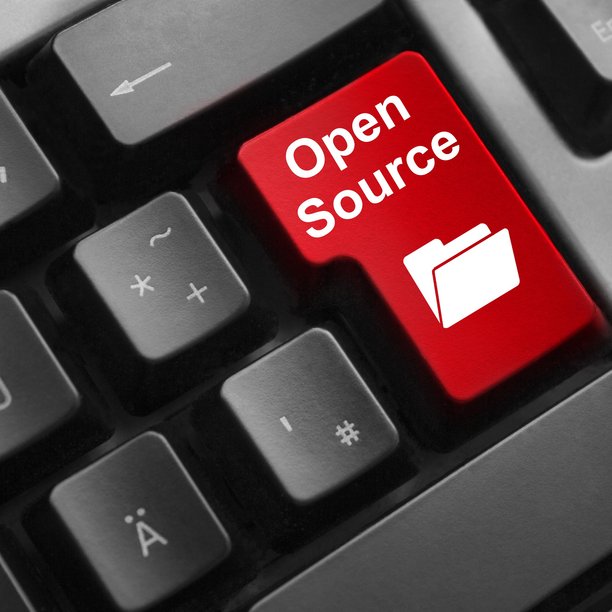Create value through intelligent processing of business information
Information Systems are at the core of modern-day organizations. Both within and between organizations. The Information Systems group studies tools and techniques that help to use them in the best possible way, to get the most value out of them.
Read moreIS NEWS
![[Translate to English:]](https://assets.w3.tue.nl/w/fileadmin/_processed_/a/6/csm_Carlos%20Zednik%20and%20Zaharah%20Bukhsh_1ae3e3b53c.jpg)
April 9, 2024
Zaharah Bukhsh and Carlos Zednik appointed associates at the Eindhoven Artificial Intelligence Systems Institute (EAISI)
As EAISI associates they will help shape the future of AI research at TU/e
Read more

March 21, 2024
Oktay Türetken appointed as full professor
In his research, Türetken focuses on the development of innovative digital solutions and managing their business models.
Read more
More news
![[Translate to English:] [Translate to English:]](https://assets.w3.tue.nl/w/fileadmin/_processed_/f/e/csm_Industria%20Best%20Teacher%20Awards_b5db0bc99d.jpg)
Industria student association honors teachers during Education Awards 2023
February 7, 2024

The Digital Transformation Symposium: Unveiling Insights for a Connected Future
December 19, 2023

Smart solution for simulations
December 18, 2023
![[Translate to English:] [Translate to English:]](https://assets.w3.tue.nl/w/fileadmin/_processed_/f/e/csm_Frank%20Berkers%20%28IS%29_0486a30364.jpg)
Realizing digital platform business strategy through design requirements for business models
December 11, 2023
Research Areas
We work on Information Systems topics in three related research areas.
Application domains
We focus on the application of Information Systems in the following domains.
Meet some of our researchers
Recent Publications
Our most recent peer reviewed publications
-
Houda El Mustapha,Baris Ozkan,Oktay Türetken
Acceptance of Mobility-as-a-Service: Insights from empirical studies on influential factors
Communications in Transportation Research (2024) -
Claudia Diamantini,Laura Genga,Alex Mircoli,Domenico Potena,Nicola Zannone
Understanding the stumbling blocks of Italian higher education system
Expert Systems with Applications (2024) -
Mozhgan Vazifehdoostirani,Mohsen Abbaspour Onari,Isel Grau,Laura Genga,Remco M. Dijkman
Uncovering the Hidden Significance of Activities Location in Predictive Process Monitoring
(2024) -
Isel Grau,Gonzalo Nápoles,Marilyn Bello-García,Yamisleydi Salgueiro,Agnieszka Jastrzębska
Forward Composition Propagation for Explainable Neural Reasoning
IEEE Computational Intelligence Magazine (2024) -
Isel Grau,Gonzalo Nápoles,Fabian Hoitsma,Lisa Koutsoviti Koumeri,Koen Vanhoof
Measuring Implicit Bias Using SHAP Feature Importance and Fuzzy Cognitive Maps
(2024)
Work with us!
Please check out the TU/e vacancy pages for opportunities within our group.
If you are a student, potential sponsor or industrial partner and want to work with us, please contact the IS secretariat
or the Information Systems group chair, dr.ir. Remco Dijkman
Contact
-
Visiting address
Atlas 5.402De ZaaleEindhovenNetherlands -
Visiting address
Atlas 5.402De ZaaleEindhovenNetherlands -
Postal address
AtlasP.O. Box 5135600 MB EindhovenNetherlands -
Postal address
AtlasP.O. Box 5135600 MB EindhovenNetherlands -
Secretary

